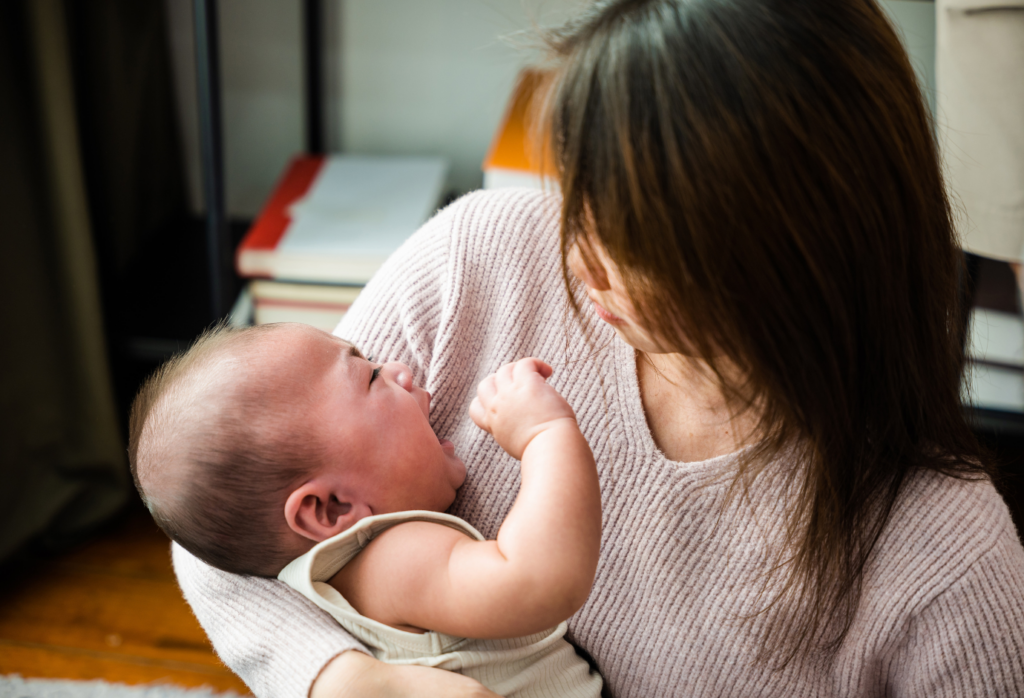A new study has found that the length of paid maternity leave taken corresponds to the number of mothers suffering from postnatal depression.
Researchers from the University of Hong Kong found that after December 2020, when Hong Kong extended paid maternity leave by four weeks, the number of mothers suffering from postnatal depression decreased by 22 per cent.
Lead researcher Dr Quan Jianchao, a clinical assistant Professor in the School of Public Health said: “Even a modest change in policy – an additional four weeks of paid leave – was associated with significant mental health benefits.”
In 2018, former leader Carrie Lam proposed a range of new measures intended to further support women, including extending maternity leave from 10 weeks to 14 to bring it in line with the minimum recommended standards established by UN agency International Labour Organization.
In his study, Dr Quan and his colleagues interviewed more than 1,400 mothers who gave birth between August 2020 and July 2022. Researchers used the Edinburgh Postnatal Depression Scale (EPDS) to ask the mothers to rate their symptoms.
Two hundred and fifty four mothers were interviewed before the policy was implemented, while 1,160 were interviewed 18 months after the policy took effect.
Respondents rated their own symptoms of the condition (which range from depression, severe mood swings, crying and loss of appetite) on a scale of 0 to 3 for 10 questions, with higher scores indicating more severe depressive symptoms.
Mothers with an EPDS score higher than 10 are usually recommended for counselling.
Before the 2020 policy, 40.2 per cent of mothers scored more than 10. After the policy was enacted, that number dropped to 31.5 per cent.
The study also indicated a 33 per cent drop in the number of mothers who reported that their childcare abilities had been affected by negative emotions in the two months after giving birth.
According to Dr Quan, a third of study mothers showed signs of probable postnatal depression and required health assessments.
“Despite significant improvements after the policy extension, maternal mental health in Hong Kong remains concerning,” Dr Quan said.
“One-third of the participants in our sample had probable postnatal depression, while other estimates have put the figure at 16 to 30 per cent of Hong Kong mothers, depending on the timing of the assessment. All these estimates are high compared to other Asian and Western societies.”
Dr Quan believes that extending paid maternity leave or providing more flexible arrangements can improve the mental health of mothers.
In Australia, figures from the Centre of Perinatal Excellence (COPE) indicate that 15 per cent of women experience postnatal depression while 20 per cent are affected by anxiety in both the antenatal and postnatal periods.

